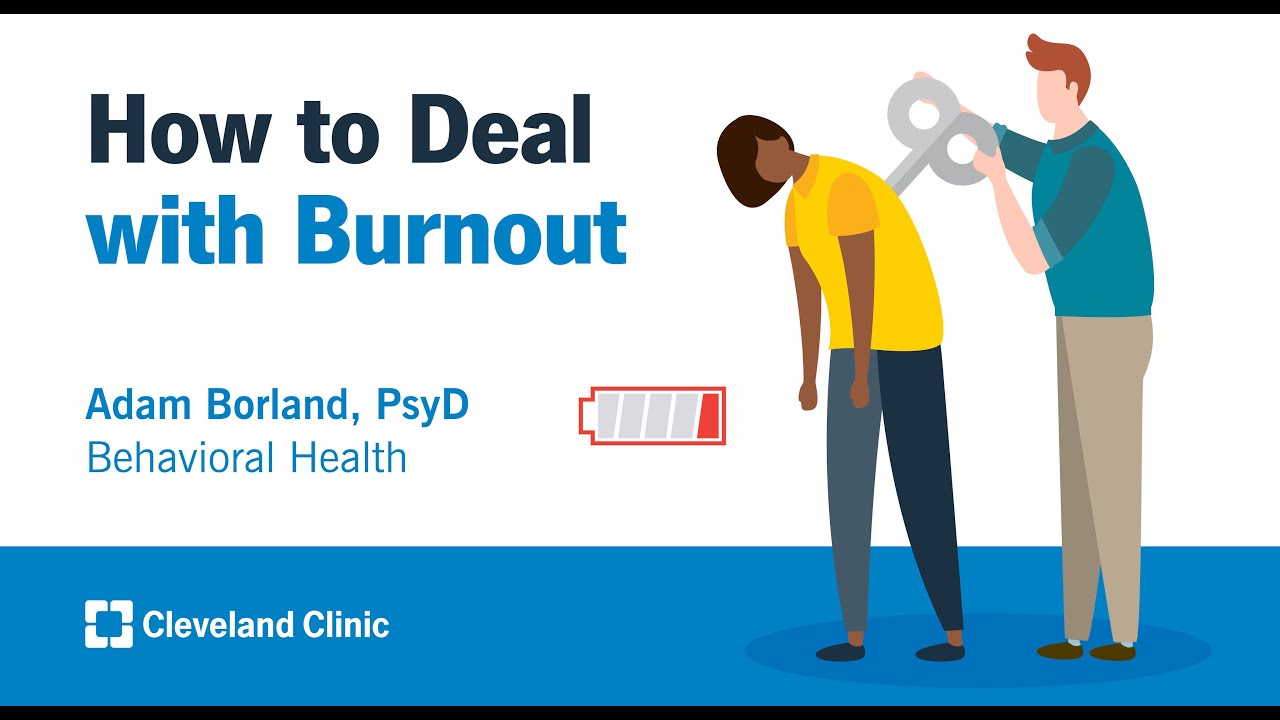The Eczema Podcast S1E8: Healing Eczema, Root Causes & Eczema in Children with Dr. Jason Lee
Summary
TLDRIn this episode of the Eczema Podcast, host Abby interviews Dr. Jason Lee, a naturopath who specializes in eczema treatment. Dr. Lee shares his personal journey with severe eczema since childhood and how naturopathic approaches, including dietary changes and supplements, led to his recovery. He emphasizes that eczema is not a disease but a symptom of underlying issues like digestion problems, stress, or food intolerances. His clinic in Oakville, Ontario, has a high success rate in treating eczema by addressing these root causes, rather than just managing symptoms.
Takeaways
- 👨⚕️ Dr. Jason Lee, a naturopath, shares his personal journey with eczema and how it inspired his career in natural medicine.
- 🍼 Early life formula feeding in the 70s may have contributed to the development of Dr. Lee's eczema, highlighting the importance of early nutrition.
- 💊 Traditional medical treatments like steroid creams provided temporary relief but did not address the root cause of eczema for Dr. Lee.
- 🌿 A naturopathic approach, focusing on diet and supplements, led to significant improvement in Dr. Lee's eczema symptoms.
- 🔍 The root causes of eczema, as discussed, can include digestion issues, food sensitivities, enzymatic problems, and stress.
- 🍽️ Diet plays a crucial role in managing eczema, with a focus on eliminating processed foods, wheat, dairy, and sugar.
- 🧬 The connection between the gut and skin health is emphasized, with 'leaky gut' being a potential contributor to eczema.
- 🧪 Various testing methods, including food sensitivity tests and enzymatic function assessments, can help identify triggers for eczema.
- 🚫 Long-term use of steroids for eczema is cautioned against due to potential side effects like skin thinning.
- 👶 For infants and children, breastfeeding, proper diet, and avoiding unnecessary medications are recommended to prevent eczema.
- 🌐 Seeking a naturopath with experience in treating eczema is advised, as not all naturopaths may have the same success rate.
Q & A
What is the primary focus of the Eczema Podcast?
-The Eczema Podcast focuses on sharing tips, products, and natural eczema remedies with the help of Abby, a registered holistic nutritionist, and Dr. Jason Lee, a naturopath who specializes in eczema treatment.
How did Dr. Jason Lee's personal experience with eczema influence his career choice?
-Dr. Jason Lee's personal struggle with severe eczema since childhood and the ineffectiveness of traditional treatments led him to naturopathy. His successful recovery through naturopathic methods inspired him to specialize in eczema and help others.
What was the turning point in Dr. Jason Lee's eczema treatment?
-The turning point was when Dr. Lee's mother found a naturopath who identified his eczema as a symptom of digestive issues rather than a skin problem. This new perspective led to a change in diet and supplements, which eventually cured his eczema.
What are the three biggest causes of eczema according to Dr. Jason Lee?
-Dr. Jason Lee identifies digestion issues, including food intolerances or allergies, enzymatic problems, and stress as the three biggest causes of eczema.
How does stress contribute to eczema according to the podcast?
-Stress can cause microinflammation in the gut, leading to a condition known as leaky gut. This allows undigested food particles and other compounds to enter the bloodstream and be expelled through the skin, potentially causing eczema.
What is the connection between diet and eczema as discussed in the podcast?
-The podcast discusses that certain foods, especially those that are not properly tolerated or broken down by the body, can contribute to gut inflammation and eczema. This includes foods like wheat, dairy, and refined oils, which can exacerbate eczema symptoms.
What role do antibiotics play in the development of eczema, as mentioned in the podcast?
-Antibiotics can destroy the gut flora, which is crucial for a healthy digestive system. An imbalance in gut bacteria can lead to increased gut permeability and potentially trigger eczema.
How does the timing of food intake and eczema flare-ups relate, as explained in the podcast?
-The podcast explains that there can be a delay between eating a triggering food and the onset of eczema symptoms, which can range from 2 days to a week. This makes it difficult for individuals to identify specific food triggers.
What advice does Dr. Jason Lee give to parents dealing with their child's eczema?
-Dr. Jason Lee advises parents to ensure proper digestion, avoid refined and processed foods, and to breastfeed if possible. He also emphasizes the importance of early intervention and seeking professional help to address the root cause of eczema.
What is the significance of eczema being a 'symptom' rather than a 'disease' according to Dr. Jason Lee?
-Dr. Jason Lee views eczema as a symptom indicating an underlying issue, such as digestive problems or stress. This perspective encourages addressing the root cause rather than just treating the skin symptoms.
Outlines

Этот раздел доступен только подписчикам платных тарифов. Пожалуйста, перейдите на платный тариф для доступа.
Перейти на платный тарифMindmap

Этот раздел доступен только подписчикам платных тарифов. Пожалуйста, перейдите на платный тариф для доступа.
Перейти на платный тарифKeywords

Этот раздел доступен только подписчикам платных тарифов. Пожалуйста, перейдите на платный тариф для доступа.
Перейти на платный тарифHighlights

Этот раздел доступен только подписчикам платных тарифов. Пожалуйста, перейдите на платный тариф для доступа.
Перейти на платный тарифTranscripts

Этот раздел доступен только подписчикам платных тарифов. Пожалуйста, перейдите на платный тариф для доступа.
Перейти на платный тарифПосмотреть больше похожих видео
5.0 / 5 (0 votes)






